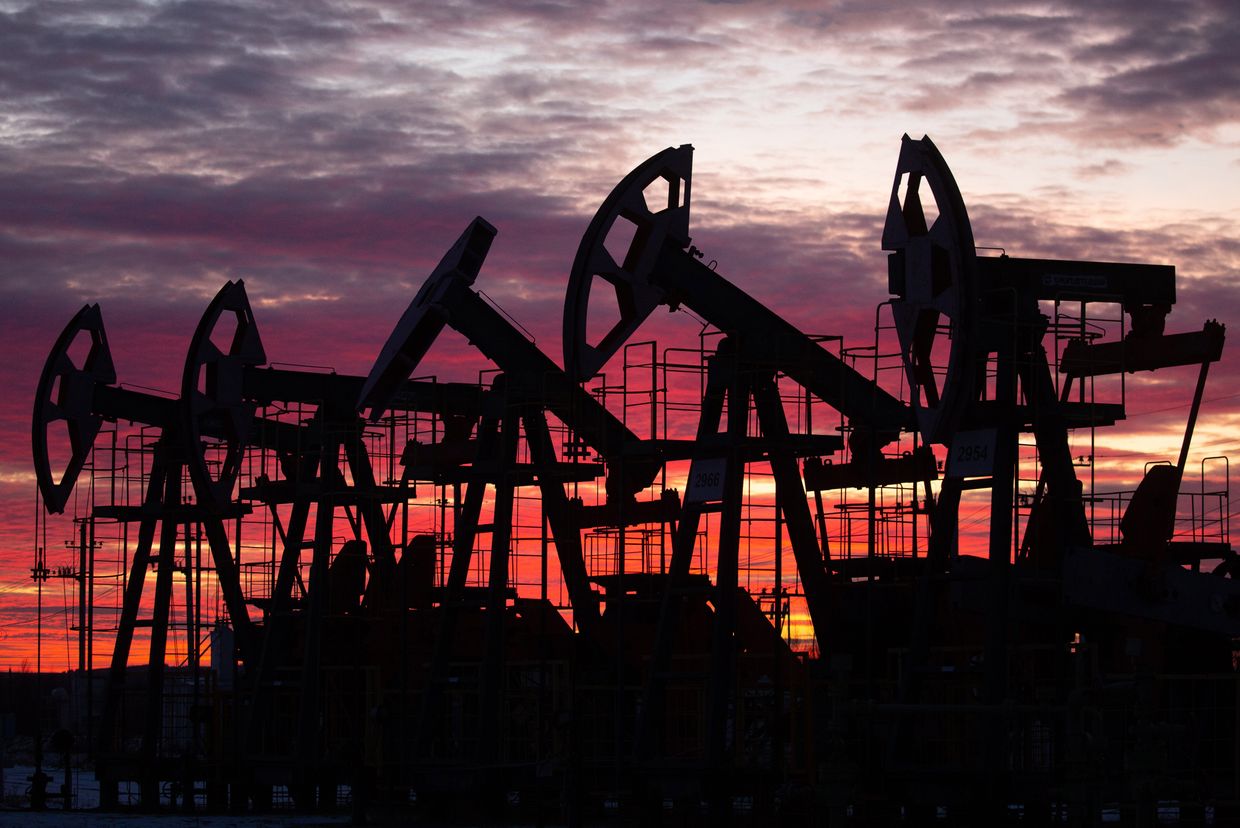Russian finance minister says GDP expected to grow 3.6% in 2024, matching 2023's rate

Russia's GDP is expected to grow by 3.6% in 2024, matching the growth rate of the previous year, Russian Finance Minister Anton Siluanov said on April 19.
Russia's economy faced a shock and subsequent contraction after the beginning of the full-scale invasion of Ukraine in 2022. As the country weathered the onset of Western sanctions and growing isolation, Russia's GDP dropped by 2.1% in 2022.
Since then, Russia has managed to survive Western sanctions through a variety of methods, and has continued to bolster its economy through oil sales, particularly to India and China.
Siluanov said that "Russia is careful with the budget balance" and that the country's "budget deficit is about 1% of GDP."
The announcement followed comments earlier in the week from finance ministry official Lev Denisov, who said that the initial 2.3% estimate would be revised upwards due to the "strong growth of the economy" at the beginning of 2024.
The strong growth predictions raise questions about the effectiveness of Western sanctions and economic isolation. Sanctions against Moscow encompass a broad array of economic areas, including restrictions on trade, finance, technology and dual-use goods, industry, transport, and luxury goods.
The U.K. Defense Ministry suggested in November 2023 that Russia's economy was "at risk of overheating" due to increased military spending, shortages in the labor market, and growing inflation.
Russia's economy has nonetheless remained more resilient than expected, although it is increasingly dependent on fewer trade partners than before the full-scale invasion.











